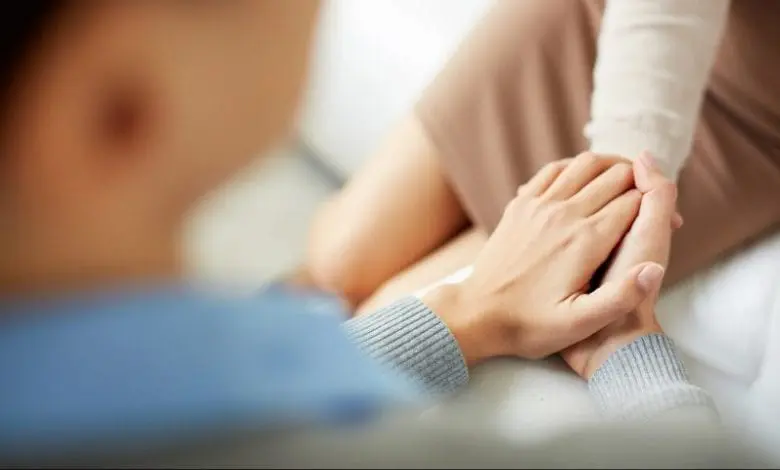Most people willing to give injections to improve life for a dying person

Register to get 1 free article
Reveal the article below by registering for our email newsletter.
Want unlimited access? View Plans
Already have an account? Sign in
Most people who express a preference say they would rather be at home when they die, found research revealed by Dying Matters.
Currently almost 50 percent of deaths occur in hospital. Lack of access to pain and symptom relief around the clock can both result in emergency admissions and prevent people from being able to leave hospital, instead of being at home when they die.
Dying Matters research found that 39 percent of British adults say they would feel comfortable giving a pain-relief injection to someone who was dying and wanted to stay home, after receiving some training and with no additional support. This rises to 61 percent with doctor or nurse supervision the first few times. The opinion poll was undertaken by ComRes in April 2017.
- Majority of people say they would be willing to offer practical help to friends and neighbours dealing with death, dying and bereavement.
- Six in ten say they would feel comfortable giving a pain-relief injection to someone who was dying and wanted to stay at home, after receiving training and with doctor or nurse supervision the first few times.
- Only 16 percent think caring for the dying is only a matter for professional health and social care workers
The survey found that the majority of people disagree that dying is only a matter for professional health and social care services (70 percent), and agree that they be willing to offer practical help and support other people who are dying (74 percent) – as well as saying they would expect their friends and neighbours to support them if they were caring for a relative dying at home (61 percent).
Only 16 percent agreed that there is currently enough support for people dealing with death dying and bereavement, with 55 percent disagreeing. 78 percent of British adults think that caring for someone dying at home would be easier if family, friends and neighbours offered practical help.
How to help
“When you are caring for someone who wants to be at home when they die, small things can make a huge difference,” says Claire Henry. “We know that an offer to walk the dog, mow the lawn or give someone a lift can make caring for a loved one as they die so much easier.
“This survey shows that people are willing to do more than that, and are even willing to get involved in providing pain relief, if they are given training and support. It is always hard to lose someone close to us, but dying in the familiar surroundings of home can make it less upsetting for everyone.
“A combination of professional medical and social care, services like hospice at home, and people’s willingness to help can provide the end of life care we all need, as we get once chance to get this right”
Linda Magistris, Founder of the Good Grief Trust, cared for her partner at home after he was diagnosed with cancer, and says that help from people around her made it possible to spend as much time as possible with him. “I lost my partner Graham to a rare cancer, which was diagnosed only five and half months before he died,” she says.
“He was discharged from the Royal Marsden, for Hospice at Home care with the prognosis of only a few weeks to live, which was extremely difficult, but we were fighting all the way, so he wanted to keep everything as near normal as possible. He didn’t want a hospital bed, or a lot of fuss, so in order to make him comfortable and calm, we were running around trying to get the equipment and medication, all taking time out of the precious moments we had together.
“Having to spend so much time, effort and energy on finding these things was exhausting, but I was very fortunate to have a good friend who offered to do some research on some of the necessities and manage the payment and order, which was an absolute lifeline and thankfully there was family around to help with other practical issues.
“If you do not have the support around you, with others willing to go that extra mile, you waste so much time away from the person you should be with in those final days. Every minute is so important, every moment is treasured, help and support is crucial and makes those final days a little easier to bear.”
Dying Matters is calling for a new approach to supporting end of life care that takes people’s willingness to help into account. Says Claire “Dying, death and bereavement are everybody’s business. With numbers of people dying each year predicted to grow by nearly 15% over the next 18 years, we need a new approach which doesn’t just rely solely on health and care services but recognises and empowers carers and communities to provide the care they want to. We can all do something to help, and shouldn’t be worried about asking: ‘What can I do?’”
Dying Matters Awareness Week runs May 8-14.







